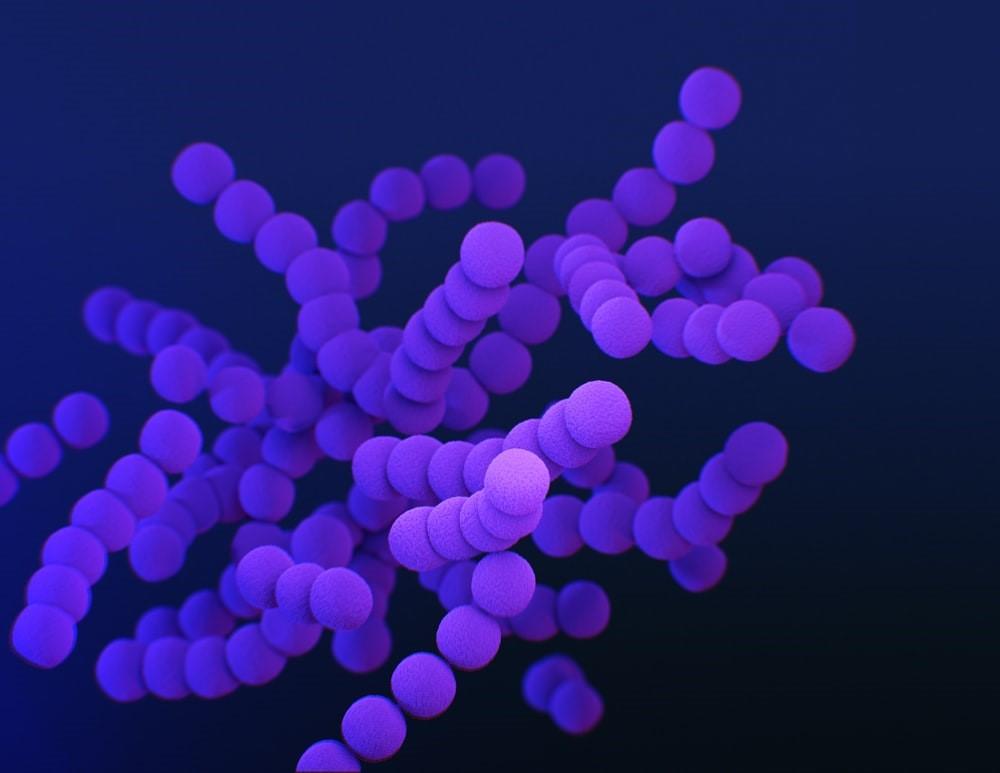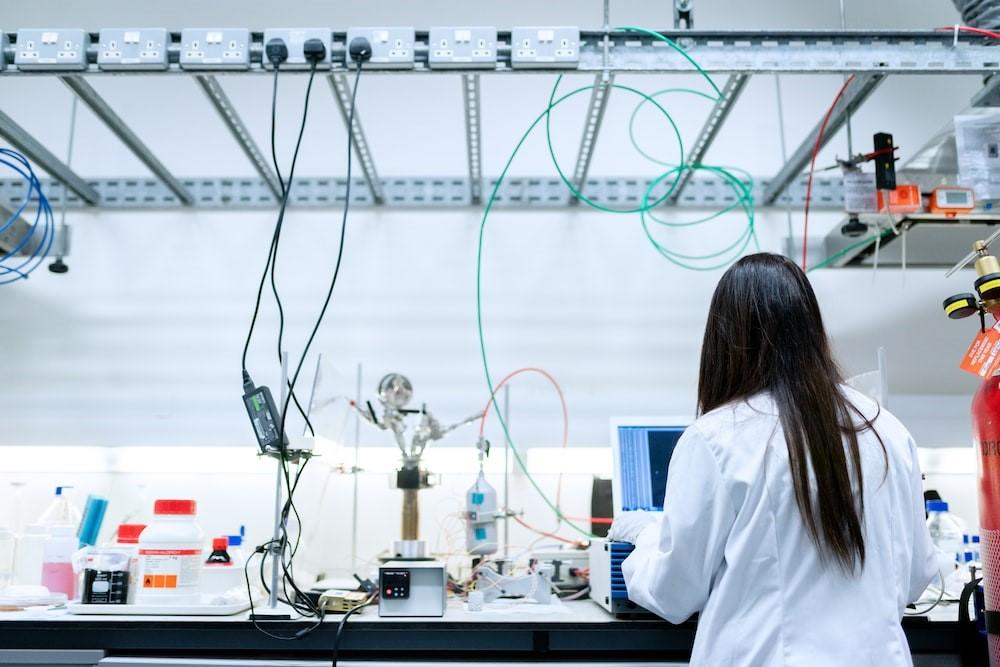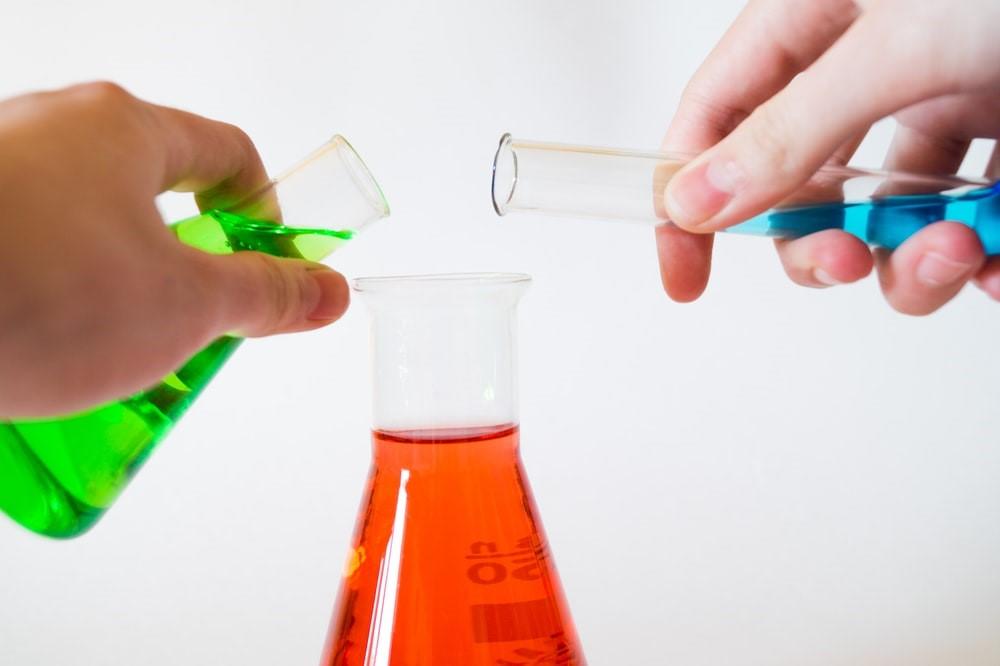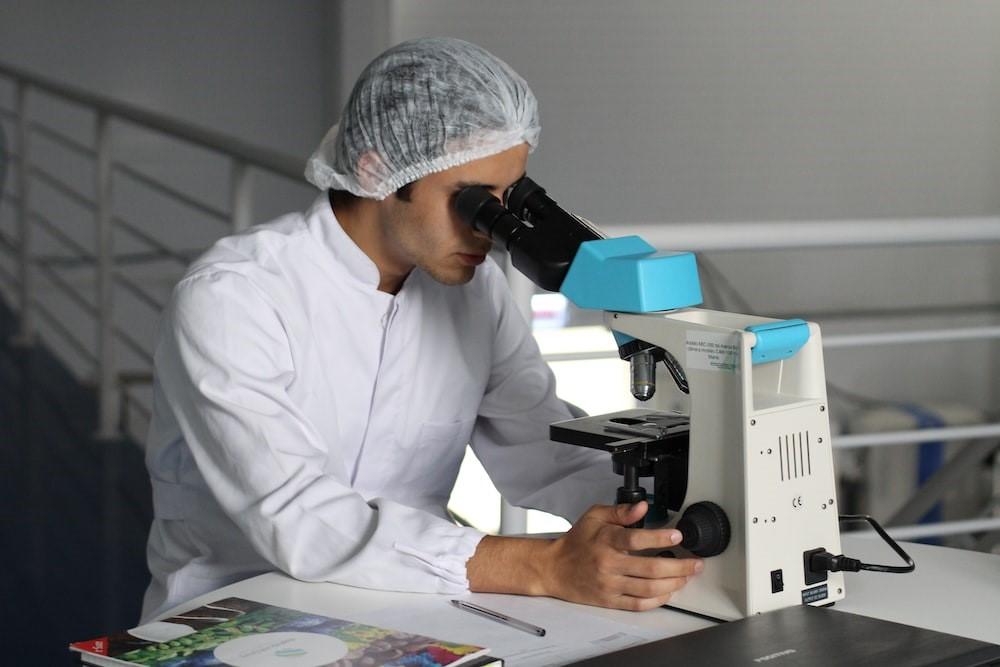Chemistry is a natural science discipline that describes substances' origin, form, and behavioral patterns and how matter can transform from one state to another.
One of the critical questions is what is inorganic chemistry and organic chemistry?
Depending on the makeup of substances, inorganic and organic chemistry are two distinct subfields within the subject.
Organic chemistry refers to the study of organic compounds, while inorganic chemistry refers to the study of inorganic substances.
Both organic and inorganic chemistry deal with numerous molecules, chemical processes, and attributes regarding approaches, strategies, and core concepts.
The main distinction between these organic molecules and inorganic compounds is that whereas most inorganic compounds do not contain carbon atoms, organic compounds always do.
Carbon-hydrogen or a straightforward C-H bond can be found in almost all organic molecules.
One of the most frequent distinctions between organic and inorganic molecules is that the former is primarily obtained from the byproducts of biological function.
In contrast, inorganic chemicals are produced by natural processes that have nothing to do with the Earth's life forms or any of the outcomes of human experiments performed in labs.
If you are planning to choose organic or inorganic chemistry for your higher studies, you must know what are the bases of inorganic chemistry and organic chemistry.
Superprof allows you to know more details about the topic and consult with online tutors.
Move ahead to a detailed view of the chemical compounds, chemistry, and its significant sub-fields in the coming paragraphs.
Here is where to find chemistry tutor near me

What's The History Of Chemistry?

In the past 3,000 years, human knowledge has substantially increased in the ancient discipline of chemistry.
But the study of chemicals is an area where science has only recently made some of its most significant advancements.
Chemistry occupies a large portion of the timeline. In reality, chemistry has been practiced since ancient times. Therefore, science is divided into four broad historical groups. The four groups are:
- Prehistoric times to the early Christian era (black magic)
- The early Christian period through the last of the 17th century (alchemy)
- From the turn of the 17th century until the mid-19th century (conventional chemistry)
- The contemporary age (modern chemistry)
Here are the discoveries of each timeline mentioned above!
Black Magic
During this time, they kept a list of known metals with the record of heavenly bodies. While in this era of chemistry, there are just four elements recognized by Aristotle: fire, air, water, and Earth.
These four components comprise all matter and have hot, cold, dry, and moist traits. Democritus signifies atoms as the simplest form of matter and the key maker of all material things.
Alchemy
During this time, alchemists tried to discover some valuable processes for humans. Alchemists tried to turn inexpensive metals into gold by applying concepts from Aristotle.
Not only did alchemists want to turn metals into gold, but they also sought a chemical formula to extend the life and cure all diseases.
Even though Pope John XXII passed a decree restricting the production of gold, the gold trade went on. Despite their best attempts, alchemists could not turn ordinary metals into gold during this time.
All of this ended with the debunking of the four element theory of Aristotle through the book "The Skeptical Chemist."
Conventional/Traditional Chemistry
During this traditional age of chemistry, various concepts, theories, models, and laws are proposed, approved, and disapproved. You can connect with chemistry tutors near me to get guided help on these topics.
One of these proposed laws is Coulomb's Law.
According to Charles Coulomb, the force of attraction or repulsion between two particles separated by a specific distance is directly proportional to the product of the two charges and inversely proportional to the distance between the two charges.
John Dalton presents his Atomic Theory, which asserts that all matter is made up of tiny, indivisible units called atoms. This theory surpassed the approval process and was named Dalton's Atomic Theory.
Modern Chemistry
Modern chemistry gathers all the information from the previous knowledge bodies, which leads to discoveries and the opening of new doors of sub-fields.
The discoveries of modern chemistry include:
- The creation of the vacuum tube
- The discovery of cathode rays
- Discovery of protons
- Discovery of x-rays
- Pitch blend compound
- The discovery of the electron and its properties
- Mass of electrons
- Radioactivity
- Protons
- Neutrons
- Nuclear fission
- Fusion process
Enrico Fermi and Albert Einstein alerted the United States of Germany's extensive atomic fission reaction research.
The United States created the first operational nuclear fission reactor beneath the football field at the University of Chicago as it was time for the Manhattan Project.
What Are The Applications Of Chemistry?

You probably imagine yourself using various scientific instruments while standing in a chemistry lab in your head when you hear the word "chemistry."
Surely not? But if you pay great attention, you can see that innumerable chemical reactions are constantly happening all around.
The uses of different branches of chemistry in various fields have produced discoveries and abrasive developments that have benefited humankind in one way or another.
Since the beginning of human civilization, chemistry has been connected to metals, mining, creating colors, medicine, and some technological industries, including tanning, clothing dyeing, and glass manufacture.
The ancient Egyptians utilized a variety of chemicals to preserve the dead.
Photo catalysts, dyes, paints, perfumes, and many others can be categorized as an example of inorganic chemistry that plays an essential role in an individual's daily life. That's one reason why one should study it.
All food, even organically grown food, contains chemicals. Fuel and every component of a car is made of chemicals. The pharmaceutical industry is among the most significant applications of chemistry.

What Is The Difference Between Inorganic And Organic Chemistry
Organic and inorganic chemistry are the fundamental building blocks of chemistry.
Both types of chemistry deal with many compounds and analyze a wide range of substances, chemical reactions, and structures in terms of strategies, methods, and theoretical aspects.
However, organic chemistry and inorganic chemistry are not the same.
These branches of chemistry differ primarily in the presence or absence of elements used to process and synthesize organic and inorganic compounds.
Inorganic chemistry deals with compounds other than carbon, while organic chemistry is the study of compounds that always contain carbon.
The comparison between inorganic vs. organic chemistry, their properties, and their structure is discussed below!
Structure
The structure of compounds in both kinds of chemistry is usually expressed through formulas.
In inorganic chemistry, the compounds contain no carbon and thus do not possess a carbon-hydrogen bond. These compounds are not derived from living organisms.
On the other hand, organic compounds are composed of carbon and hydrogen atoms frequently combined with nitrogen and a few other elements such as phosphorous, Sulphur, silicon, and halogens.
They are usually of biological origin.
Physical Properties
A substance's physical property can be measured without changing the essence of the material. Color, density, and hardness are examples of physical properties.
Inorganic materials are typically thick and pliable, with high thermos-stability, excellent electrical properties, and high stiffness.
But on the other side, organic materials have a high elastic modulus, low density, and do not have thermal stability.
Chemical Properties
During a chemical process, the chemical property of a specific compound can be identified. The most important chemical properties include combustibility, heat capacity, pH value, etc.
Organic compounds can exist as solids, gases, or liquids and are insoluble in water. These compounds are soluble in water but insoluble in some organic solutions. Inorganic compounds are primarily solids.
Reactive Properties
Inorganic chemistry studies and describes different types of inorganic reactions and frameworks. It includes acid-base, redox, displacement, and other processes.
While organic chemistry is concerned with the mechanisms that allow organic reactions to occur, it contains reactions that deal with the compound's functional group, such as crystal and salts-based reactions.
Discover more with online chemistry lessons taught by a professional tutor on Superprof!
Melting And Boiling Points
Inorganic compounds mostly have strong ionic bonds, giving them high melting and boiling points.
On the other hand, organic compounds are formed of relatively weak chemical bonds, which account for their low melting and boiling points.
Compounds
Organic compounds are polymers made up of long chains of small basic constituents.
The building blocks in these compounds are simple molecules that make complex carbon-based compounds through covalent bonds.
Alternatively, inorganic compounds are made up of atoms from multiple elements like oxygen or nitrogen and various metals, such as iron or aluminum oxide.
So, the vast majority of these compounds fall into the salt category.
Bonds
Inorganic compounds are formed by chemical bonds that are ionic in nature. Ionic bonds are created through solid electrostatic interactions when one atom grabs another atom's electron.
As a result, positively charged cation and negatively charged anions are produced, which attract each other.
Instead, covalent bonds are found in organic compounds. In covalent bonds, atoms share a pair of electrons and form a weak electrostatic force. These types of bonds find importance in chemical properties.
Branches
Organic chemistry is a broad field that consists of various branches. Some branches are:
- Stereochemistry
- Medical Chemistry
- Organometallic Chemistry
- Physical Organic Chemistry
- Polymer Chemistry
The branches of inorganic chemistry are:
- Bioinorganic Chemistry
- Geochemistry
- Inorganic Technology
- Nuclear Energy
- Solid-State Chemistry
- Synthetic Inorganic Chemistry
Study And Research
Organic chemistry allows for research mainly on biological components. Its scope includes all living matter and the large majority of non-living materials produced by the entity of life.
While inorganic chemistry allows for research on non-living materials, thus, its scope of the study lies in the reaction processes of non-living elements. Thus, some might consider it difficult to learn.
Scope
When it comes to the scope of organic chemistry, it has a wide range of options for students because organic chemists are in high demand by companies that manufacture pharmaceutical drugs, consumer items, and a variety of other life-related products.
On the other hand, as inorganic chemists are primarily concerned with the polymerization, framework, and behavior patterns of inorganic or organometallic compounds. The scope in this field is narrower than that of organic chemistry.
Characteristics Of Different Inorganic And Organic Compounds

Here are the characteristics of inorganic and organic compounds:
| Property | Organic Compounds | Inorganic Compounds |
|---|---|---|
| Conductivity | Non-conductive | Conductive |
| Flammability | Usually flammable | Not flammable |
| Volatility | More Volatile | Not volatile |
| Solubility In Organic Solvents | Generally soluble | Not soluble |
| Solubility In Inorganic Solvents | Generally not soluble | Soluble |
Want To Learn More About Inorganic And Organic Chemistry With Superprof
Chemistry is at the heart of almost every science, technology, and industry branch. As a subject, it is critical to learn as it plays a significant role in our lives and provides many opportunities to individuals.
Chemistry is beneficial as chemical technologies improve our quality of life in various ways by fixing health issues, substances, and energy usage.
Thus, studying it can help us prepare for the real world because of its broader scope in every field.
Superprof is the best place to go if you want to learn about organic and inorganic chemistry.
It is a platform that provides you with all the opportunities and assistance you need to know about organic and inorganic chemistry, its differences, applications, and scope, among other things.
Summarize with AI:















